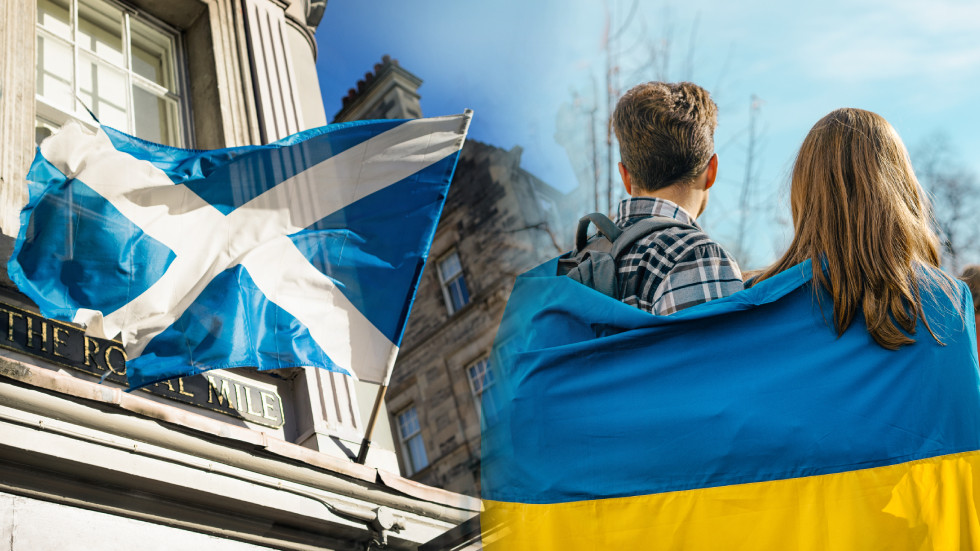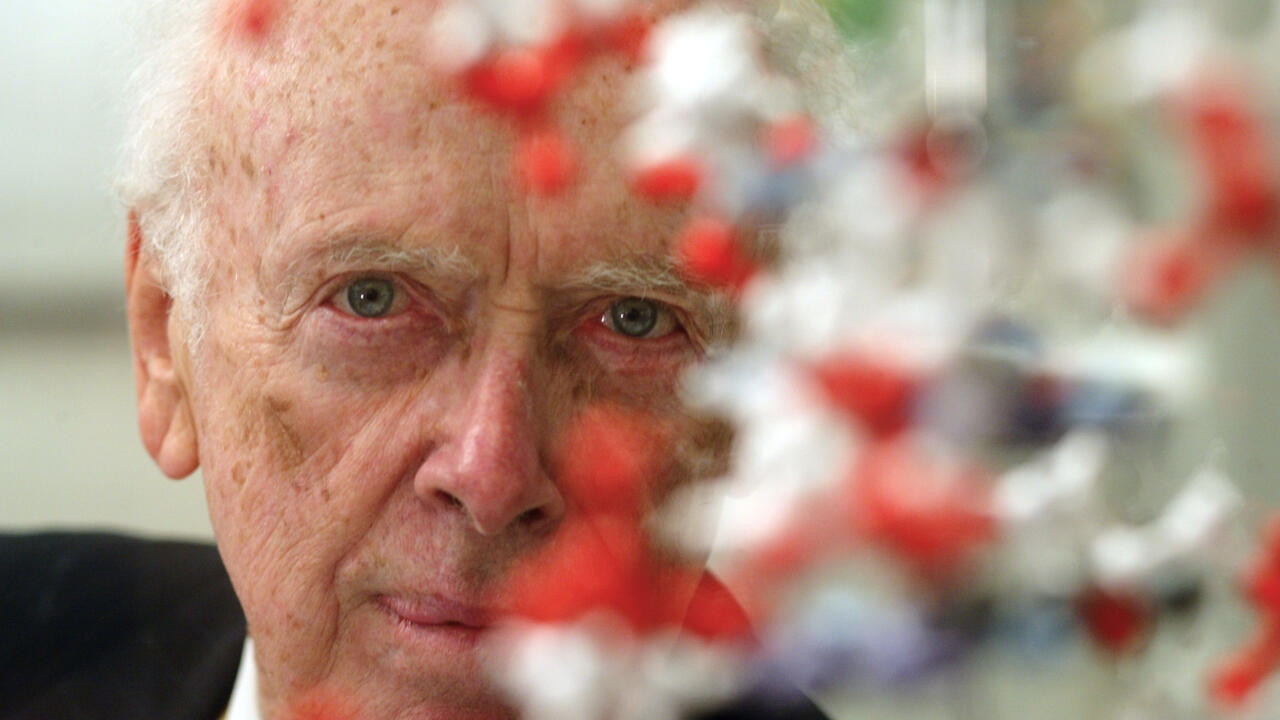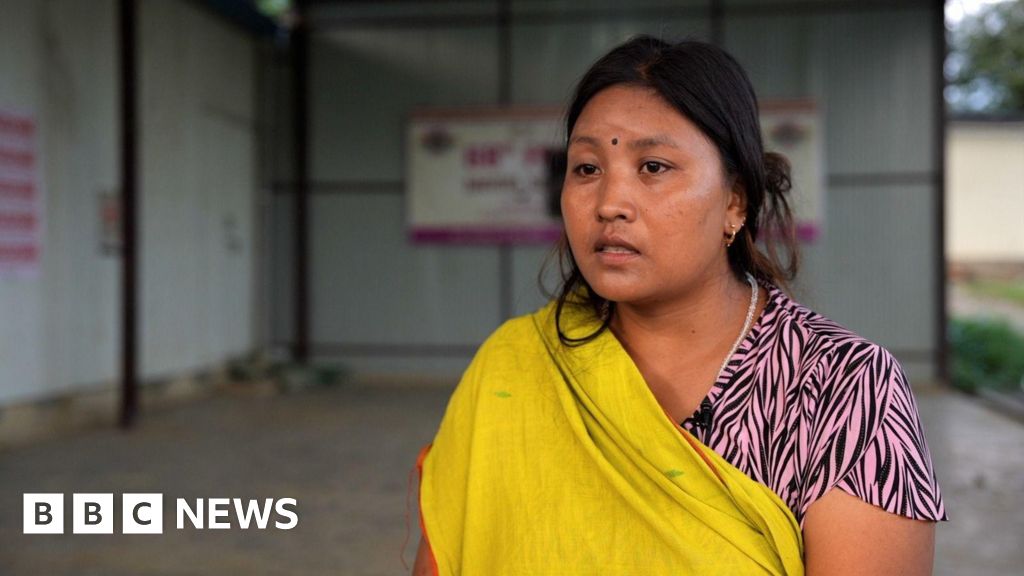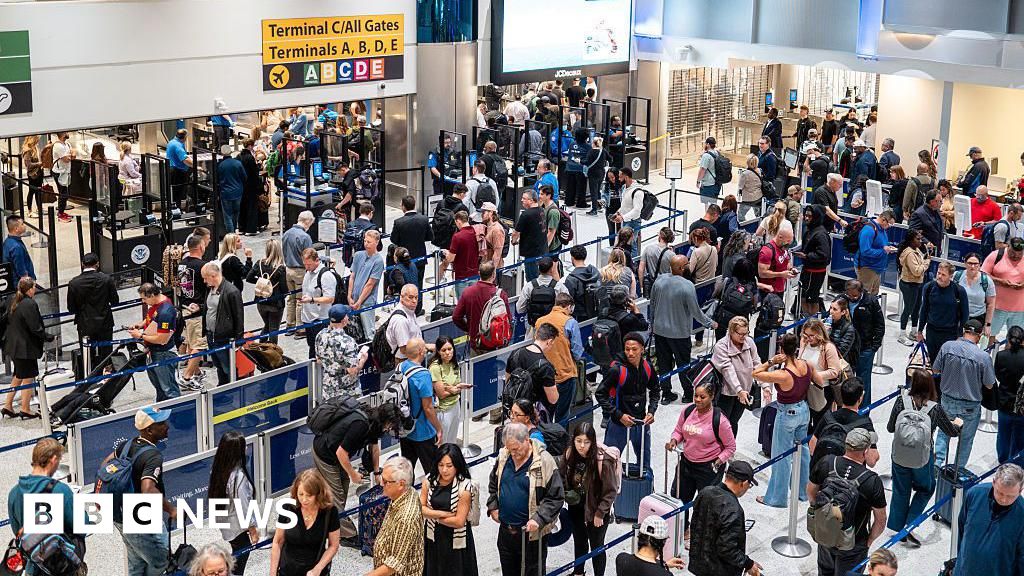The resolution supports Morocco’s claim to the disputed Western Sahara, a stance backed by Trump’s administration.
Published On 31 Oct 2025
The United Nations Security Council has adopted a resolution stating that genuine autonomy for Western Sahara under Moroccan sovereignty could be the most feasible solution to Rabat’s 50-year conflict with the Algeria-backed Polisario Front.
Western Sahara, a tract of desert the size of Britain, has been the scene of Africa’s longest-running territorial dispute since colonial power Spain left in 1975 and Morocco annexed the territory.
Recommended Stories
list of 3 items- list 1 of 3Gaza family forced to live around undetonated bomb lodged in their home
- list 2 of 3Tunisia sentences lawyer and Saied critic to five years in prison
- list 3 of 3US courts rule Trump cannot suspend food aid during government shutdown
The UNSC, in a United States-drafted text, on Friday called for the parties to engage in negotiations based on an autonomy plan first presented by Morocco to the UN in 2007.
Morocco considers the territory its own while the Polisario Front seeks to establish an independent state called the Sahrawi Republic.
“We urge all parties to use the coming weeks to come to the table and engage in serious discussions,” US ambassador to the UN Mike Waltz told the council after the vote on Friday. “We believe regional peace is possible this year, and we will make every effort to facilitate progress.”
Russia, China and Pakistan abstained, while Algeria did not vote. The remaining 11 council members voted in favour of the resolution, which also renewed for one year the mandate of the UN peacekeeping force in Western Sahara, known as the UN Mission for the Referendum in Western Sahara (MINURSO).
“The final decision on the future cannot, must not, belong to anyone other than the people under colonial domination,” Algeria’s UN ambassador, Amar Bendjama, told the council after the vote. “This text ignores the proposals of the Polisario Front … They are a party to the conflict, and their opinion must be heard.”
A ‘victorious chapter’
Morocco’s autonomy proposal would establish a local legislative, executive and judicial authority for Western Sahara elected by its residents, while Rabat would retain jurisdiction over defence, foreign affairs and religious matters.
The Polisario instead wants to hold a referendum with independence as an option.
Morocco is seeking a win-win and “face-saving” solution for all the parties to the conflict, King Mohammed VI of Morocco said after the UN vote. He urged Sahrawi refugees held in the Polisario-run Tindouf camps in southwestern Algeria to endorse autonomy.
The king also renewed his call for a “brotherly dialogue” with Algeria and said Morocco is committed to the Maghreb Union.
“We are opening a new and victorious chapter in the process of enshrining the Moroccan character of the Sahara, which is intended to bring this issue to a definitive close,” King Mohammed said in a speech in which he expressed his “immense pride”.
Thousands gathered in the streets of Morocco’s cities to celebrate the vote, carrying flags and chanting patriotic slogans.
Polisario Front representative Sidi Omar said the resolution does not imply any recognition of Moroccan sovereignty over Western Sahara. He said the Polisario Front leadership would assess the UN resolution and make an official position public in due course.
The Security Council resolution also asked UN Secretary-General Antonio Guterres to provide within six months “a strategic review regarding MINURSO’s future mandate, taking into account the outcome of the negotiations”.
US President Donald Trump reaffirmed support for Morocco’s sovereignty over Western Sahara in July, saying a Moroccan autonomy plan for the territory was the sole solution. Trump’s envoy Steve Witkoff had said the US is working on a peace deal between Algeria and Morocco.
France made a similar move, recognising Rabat’s sovereignty over the territory and greenlighting investments there. In June, Britain became the third UNSC member to back autonomy under Moroccan sovereignty. Spain has also backed Rabat’s position, along with an increasing number of European states, signalling a shift in European Union member states’ foreign policy on the issue.

 4 weeks ago
19
4 weeks ago
19










 English (US) ·
English (US) ·